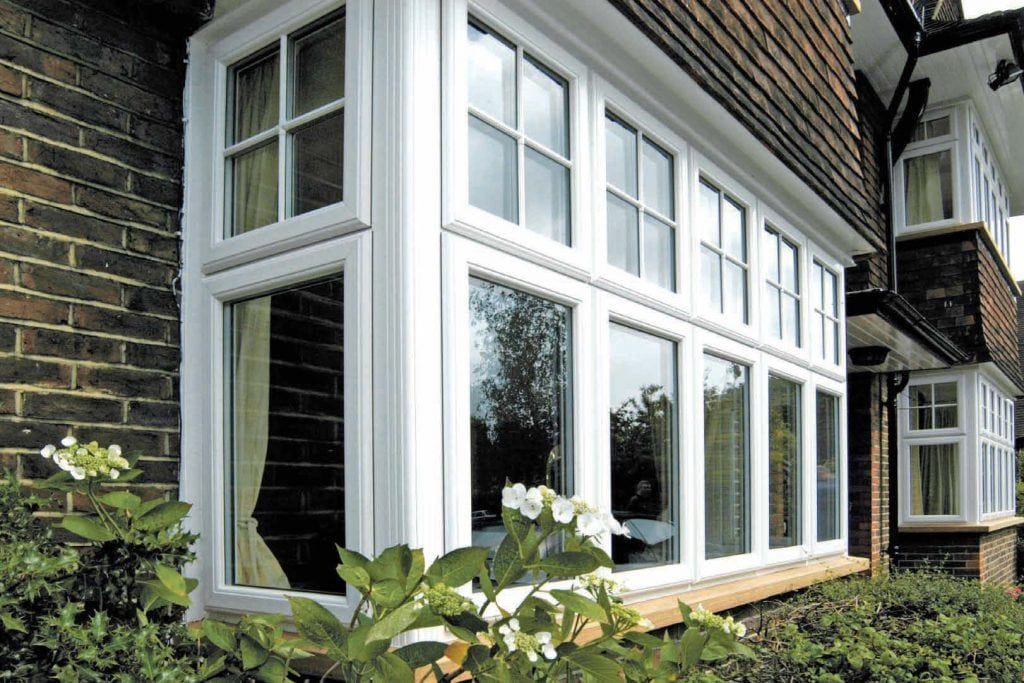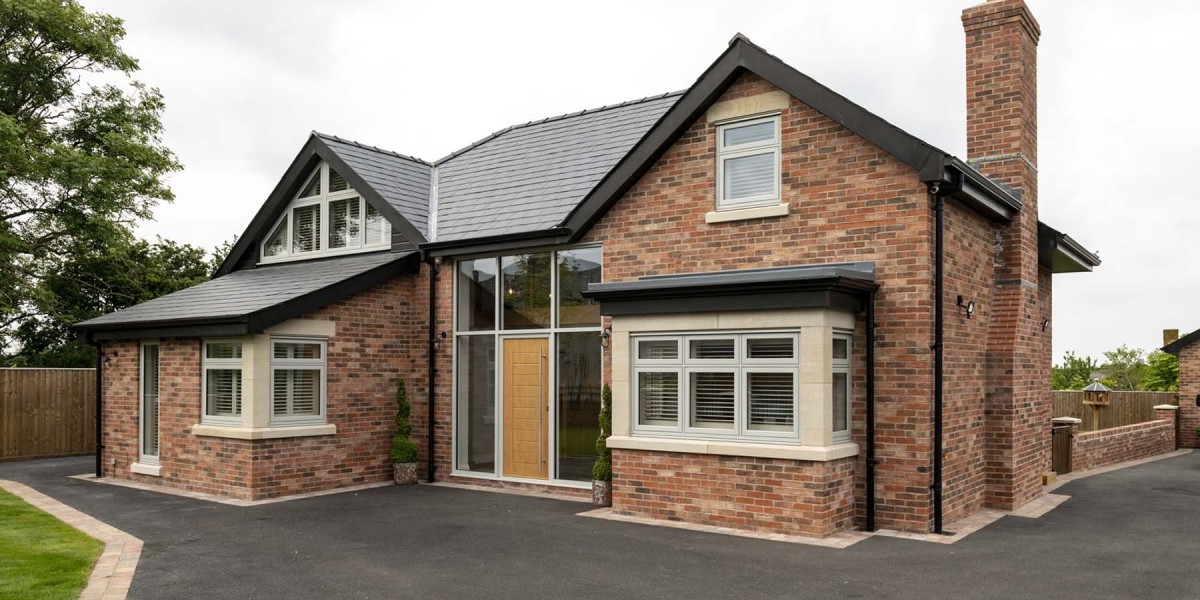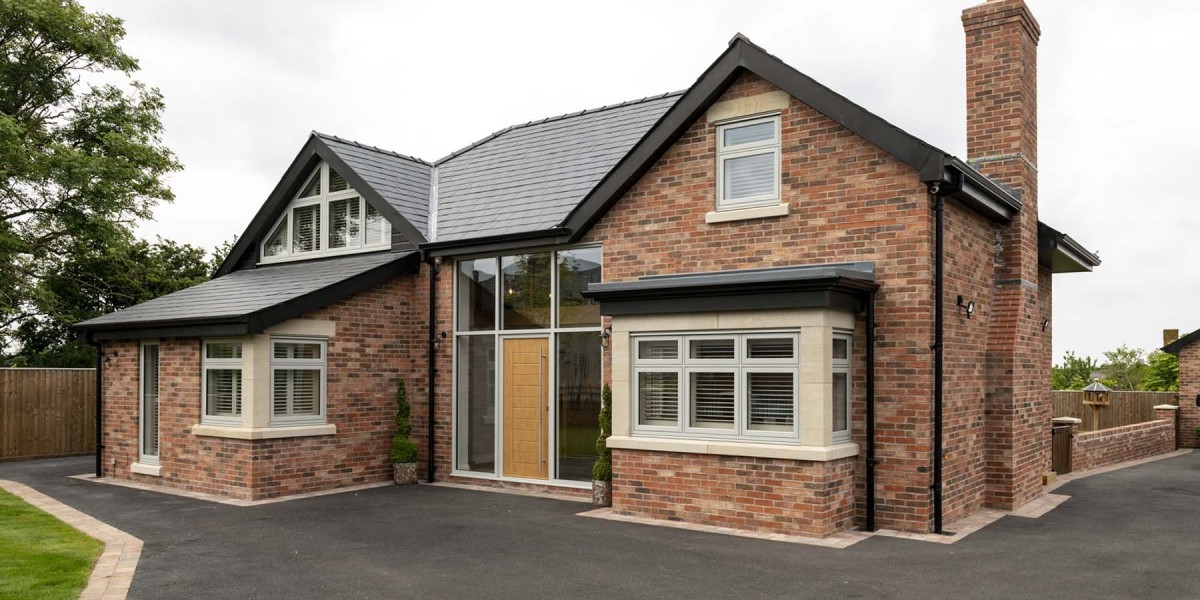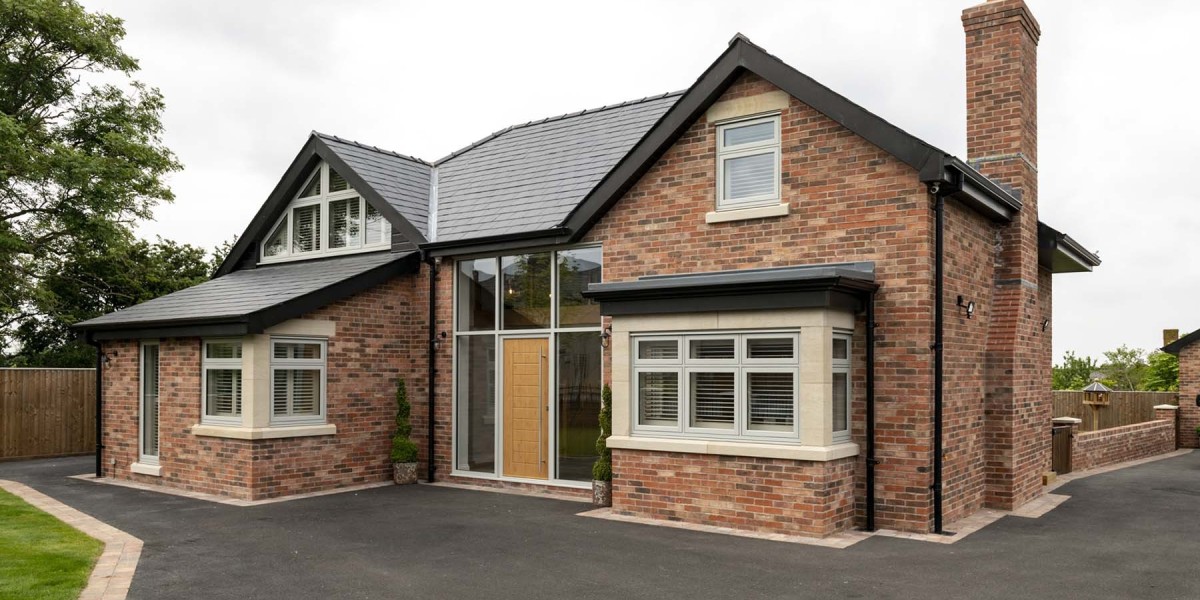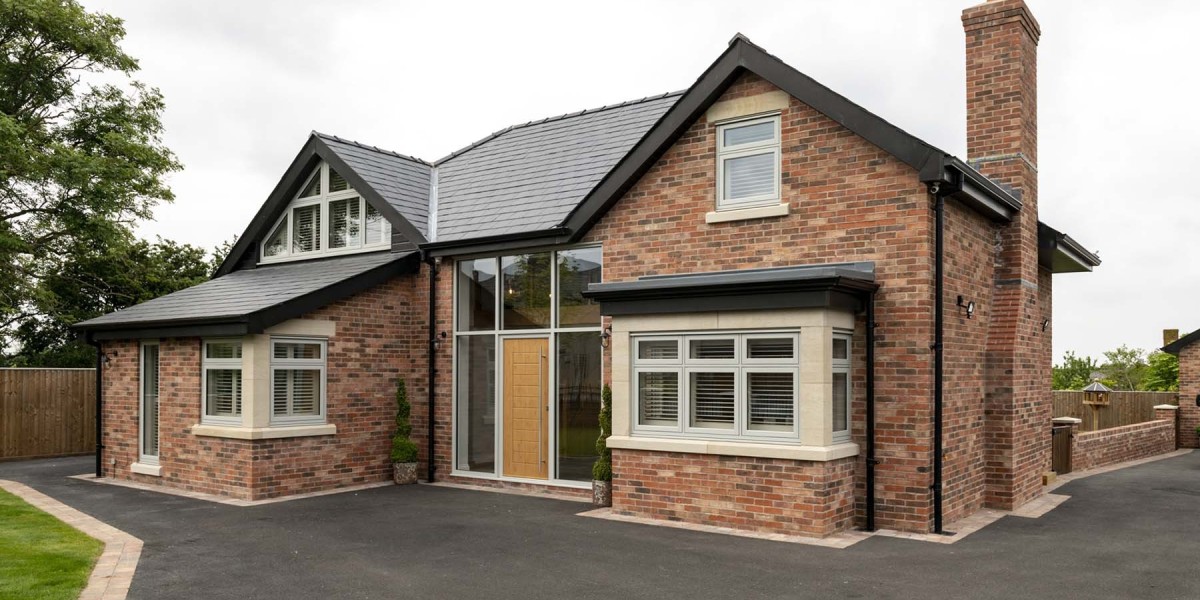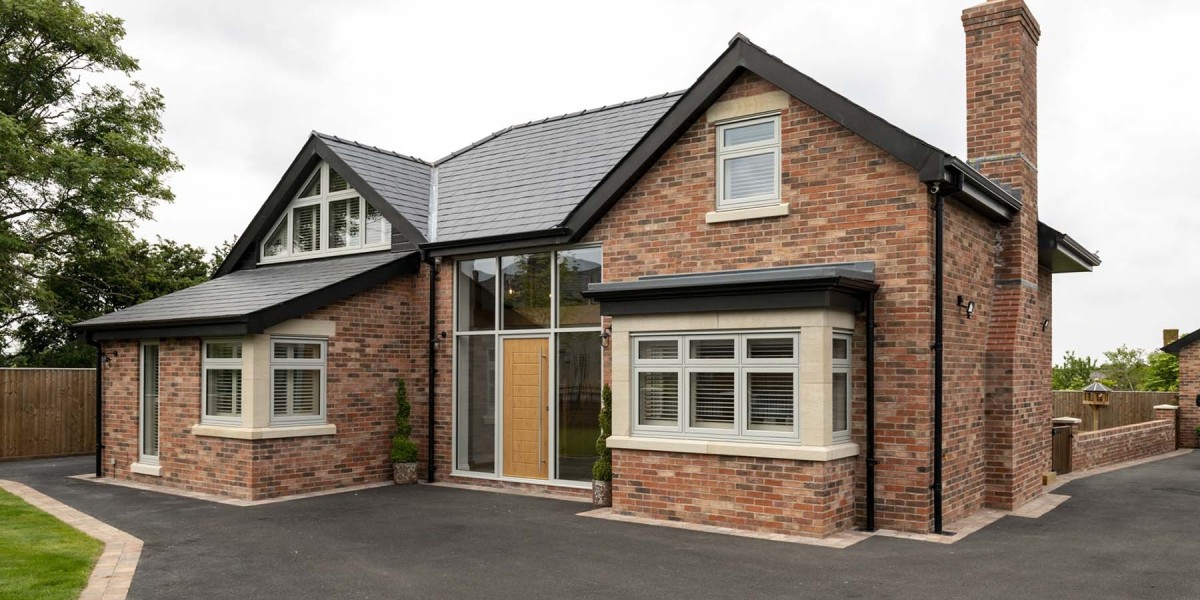In recent years, energy efficiency has become a top priority for homeowners and builders alike. As the world becomes more conscious of energy consumption and environmental impact, innovative solutions such as triple glazing have emerged as a popular choice for windows. This article explores what triple glazing is, its benefits, potential drawbacks, and considerations for homeowners thinking about this energy-efficient option.
What is Triple Glazing?
Triple glazing refers to windows that consist of three panes of glass separated by insulating spaces filled with gas, typically argon or krypton. This design significantly enhances the thermal performance of a window compared to standard double glazing, which has only two panes. The spaces between the panes act as insulators, reducing heat transfer and improving energy efficiency.
Benefits of Triple Glazing
- Enhanced Energy Efficiency: One of the most significant advantages of triple glazing is its superior energy efficiency. The three layers of glass and the insulating gas between them create a barrier that minimizes heat loss in the winter and keeps homes cooler in the summer. This can lead to lower energy bills, making it an attractive option for homeowners.
- Noise Reduction: Triple glazed windows provide excellent sound insulation. The additional pane of glass and the airspace between the layers help to dampen noise from the outside, making homes quieter and more comfortable, especially in urban areas or near busy roads.
- Increased Comfort: With better insulation, triple glazing can help maintain a more consistent indoor temperature. Homeowners can enjoy a more comfortable living environment without the drafts or cold spots often associated with single or double-glazed windows.
- Reduced Condensation: The thermal performance of triple glazing can also reduce condensation on windows. This is particularly beneficial in areas with high humidity, as it can help prevent mold growth and improve indoor air quality.
- Environmental Impact: Doors By Ideal Glass improving energy efficiency, triple glazing can reduce a home’s carbon footprint. Less energy consumption translates to lower greenhouse gas emissions, making it a more environmentally friendly choice.
- Increased Property Value: Homes equipped with energy-efficient features, such as triple glazing, may have a higher resale value. Potential buyers often look for energy-efficient windows as a sign of a well-maintained and modern home.
Considerations for Homeowners
While the benefits of triple glazing are compelling, there are several factors homeowners should consider before making the switch.
- Cost: The initial investment for triple glazing is typically higher than that of double glazing. Homeowners should weigh the long-term energy savings against the upfront costs. In some cases, the investment may not be justified if the home is not in an area with extreme temperatures.
- Weight and Installation: Triple glazed windows are heavier than double glazed options, which may require additional structural support. This can complicate installation and may lead to higher labor costs. Homeowners should consult with professionals to assess the feasibility of installation in their homes.
- Aesthetic Considerations: Some homeowners may be concerned about the thickness of triple-glazed windows affecting the aesthetics of their home. While modern designs are often sleek and stylish, it’s essential to choose windows that complement the architecture of the home.
- Return on Investment: Homeowners should consider how long they plan to stay in their current home. If they plan to move in a few years, the return on investment may not be significant enough to justify the cost of triple glazing.
- Local Climate: The effectiveness of triple glazing can vary based on the local climate. In regions with mild winters, the benefits may not be as pronounced as in areas with extreme cold. Homeowners should evaluate their specific climate conditions when considering triple glazing.
Conclusion
Triple glazing offers numerous advantages, including enhanced energy efficiency, noise reduction, and increased comfort. However, it is essential for homeowners to consider the potential drawbacks, such as cost and installation challenges. As energy efficiency continues to be a priority for many, triple glazing presents an appealing option for those looking to improve their home’s performance.
Ultimately, the decision to invest in triple glazing should be based on individual circumstances, including budget, climate, and long-term plans for the home. For those who prioritize energy efficiency and comfort, triple glazing may be a worthy investment that pays off in the long run.
